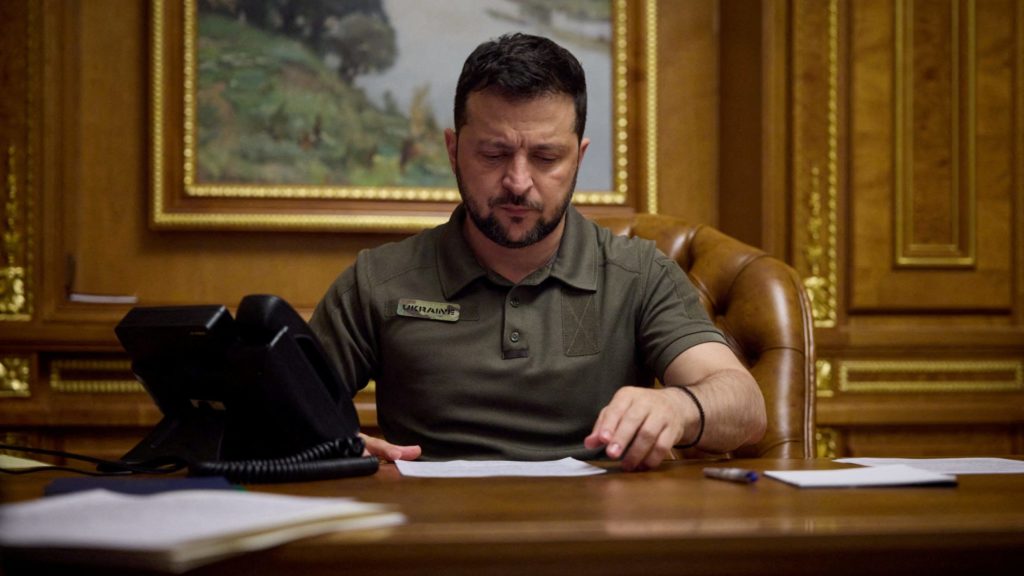As Russia attacks Ukraine's grain exports -- which feed millions in several nations -- a U.S. bishop is calling on global leaders to ensure food security.
"Russia's recent decision no longer to allow Ukraine to export tons of grain means more people are likely to go hungry," said Bishop David J. Malloy of Rockford, Illinois, chairman of the U.S. Conference of Catholic Bishops' Committee on International Justice and Peace, in an Aug. 7 statement.
Last month, Russia walked away from the Black Sea Grain Initiative, which expired July 17. Brokered by the United Nations and Turkey in July 2022, the agreement enabled vitally needed food supplies from Ukraine to reach global markets amid Russia's full-scale invasion of Ukraine, which was launched in February 2022 following aggression begun in 2014.
Global food prices soared as Russia blocked Ukraine's ports, preventing crucial agricultural exports from the nation known as "Europe's breadbasket."
Under the Black Sea grain deal, close to 33 million tons of grain and agricultural products were exported from three Ukrainian Black Sea ports -- Odesa, Chernomorsk and Yuzhny/Pivdennyi -- to 45 countries.
More than half of the shipments were maize, with wheat, sunflower product and other agricultural goods comprising the balance. Sixty-five percent of the wheat exported through the initiative reached developing countries.
As a result of the grain initiative, the World Food Program transported more than 725,000 tons of wheat to vulnerable populations in Afghanistan, Ethiopia, Kenya, Somalia, Sudan and Yemen. In both 2022 and the year prior, Ukraine supplied more than half of the program's wheat grain.
Since walking away from the Black Sea grain deal, Russia has relentlessly struck Ukraine's ports, including Odesa and Mykolaiv, as well as Izmail, located on the Danube River across from Romania. In addition, Russia announced it would regard all ships heading for Ukrainian waters to be military targets. (An Israeli cargo vessel became the first to defy the blockade on July 31, followed by other ships registered with Greece, Turkey and Georgia, according to at least one report.)
"Russia's decision to withdraw from the BSGI and its bombing of grain storage facilities in Ukraine will greatly impact the availability of food supplies at a time when more people are in dire need of food," said Bishop Malloy. "With the number of forcibly displaced people at a record high, the World Food Programme estimates 345 million people will face acute hunger this year, with 129,000 potentially facing famine in places like Afghanistan, Syria, Yemen, the Horn of Africa and Myanmar."
The bishop quoted a plea made by Pope Francis during a June 1, 2022, audience, during which the pope issued "a heartfelt appeal that every effort be made to resolve this issue and to guarantee the universal human right to food."
"Please do not use wheat, a staple food, as a weapon of war!" Pope Francis said at the time.
Noting that "the food crisis is intertwined with persistence of conflicts," Bishop Malloy said he joined with Pope Francis "in calling on global leaders to look beyond narrow national interests, focus on the common good, and join in ensuring that critical food supplies can flow to those most in need."
"The most vulnerable are crying in hunger," said Bishop Malloy. "With the compassion of Christ, we need to heed their cries and help."

